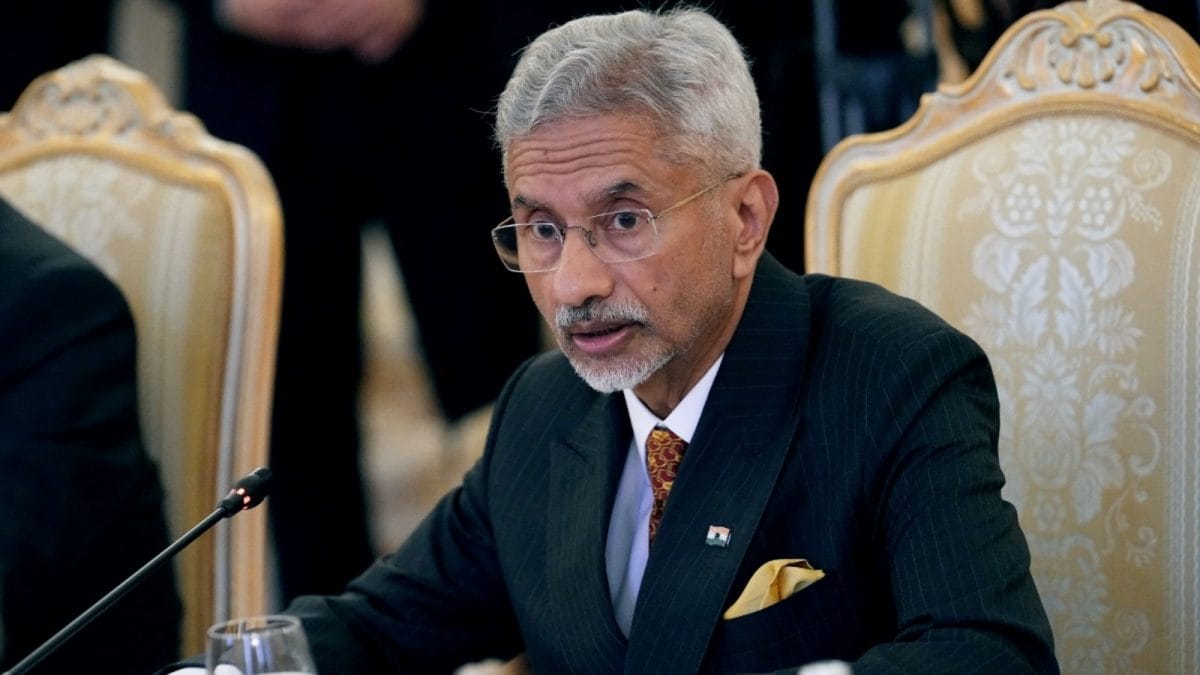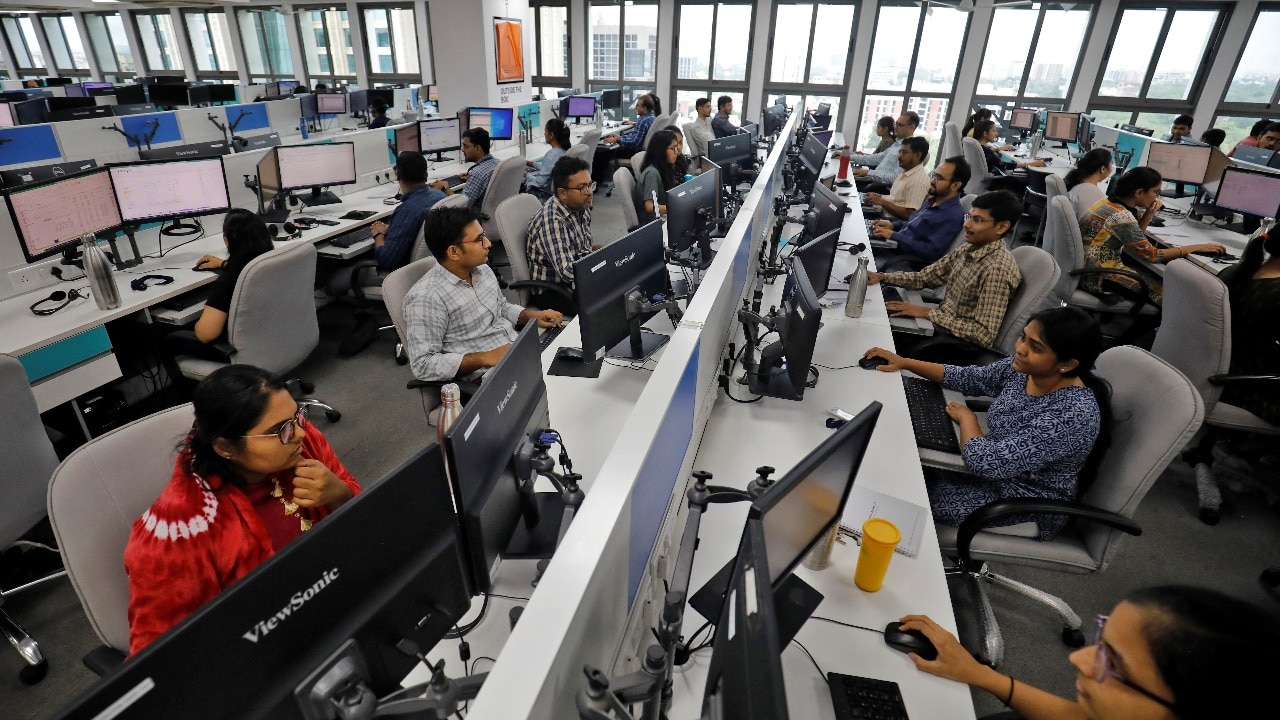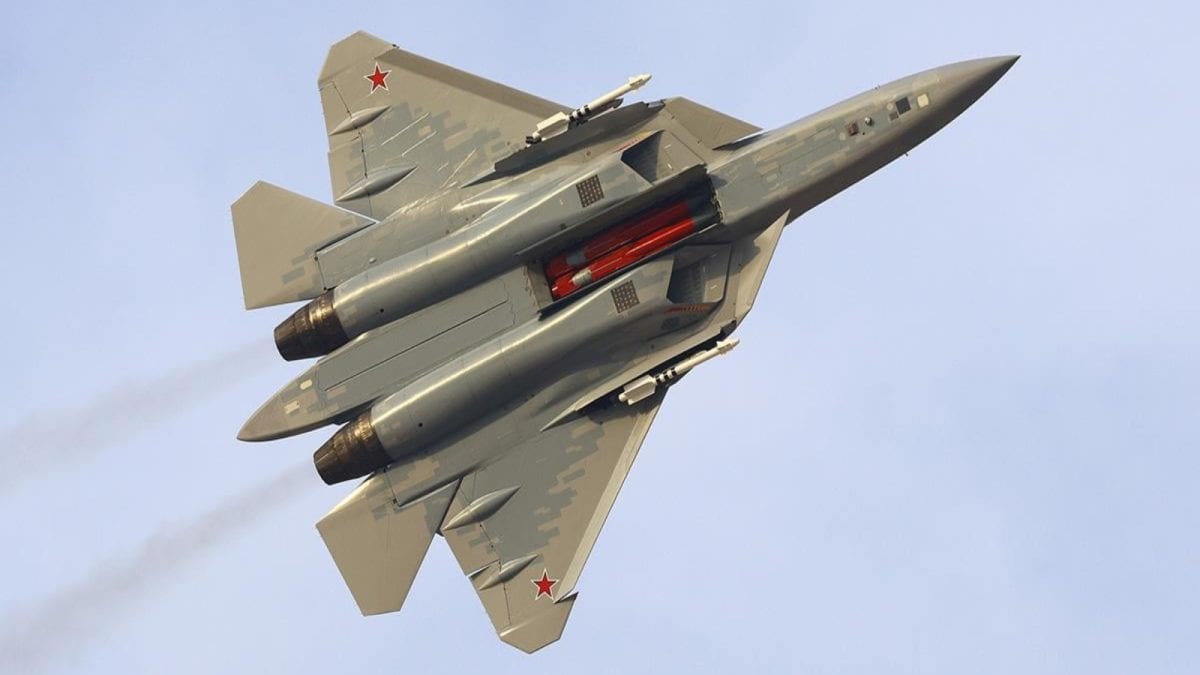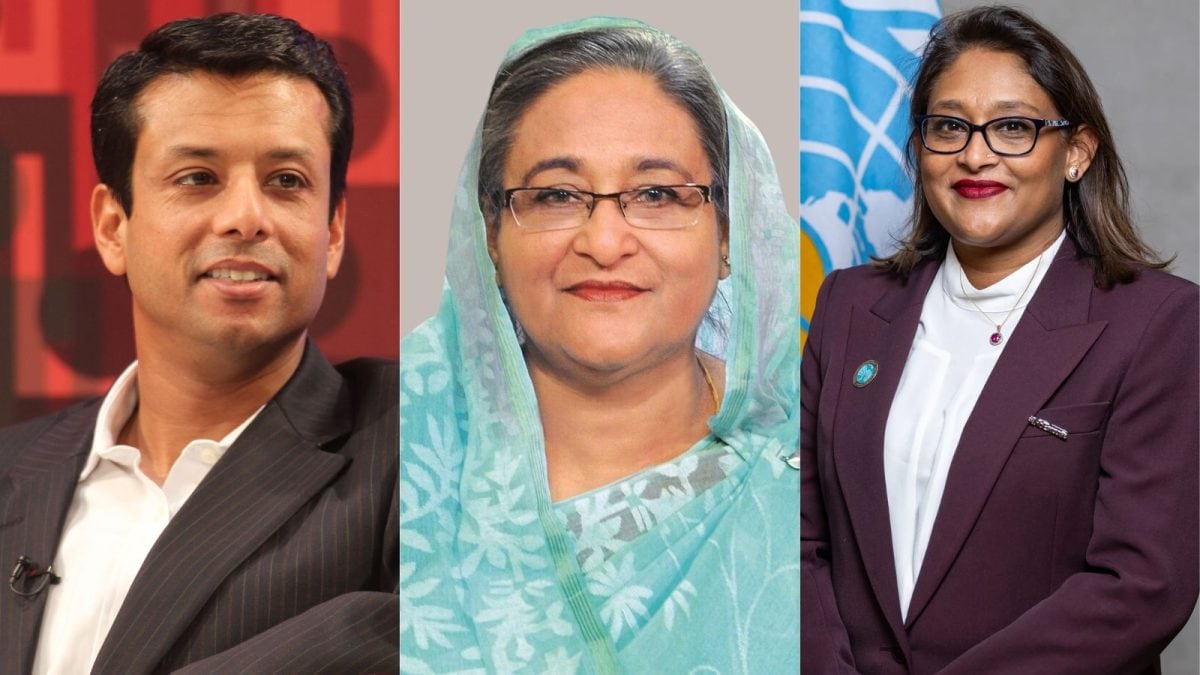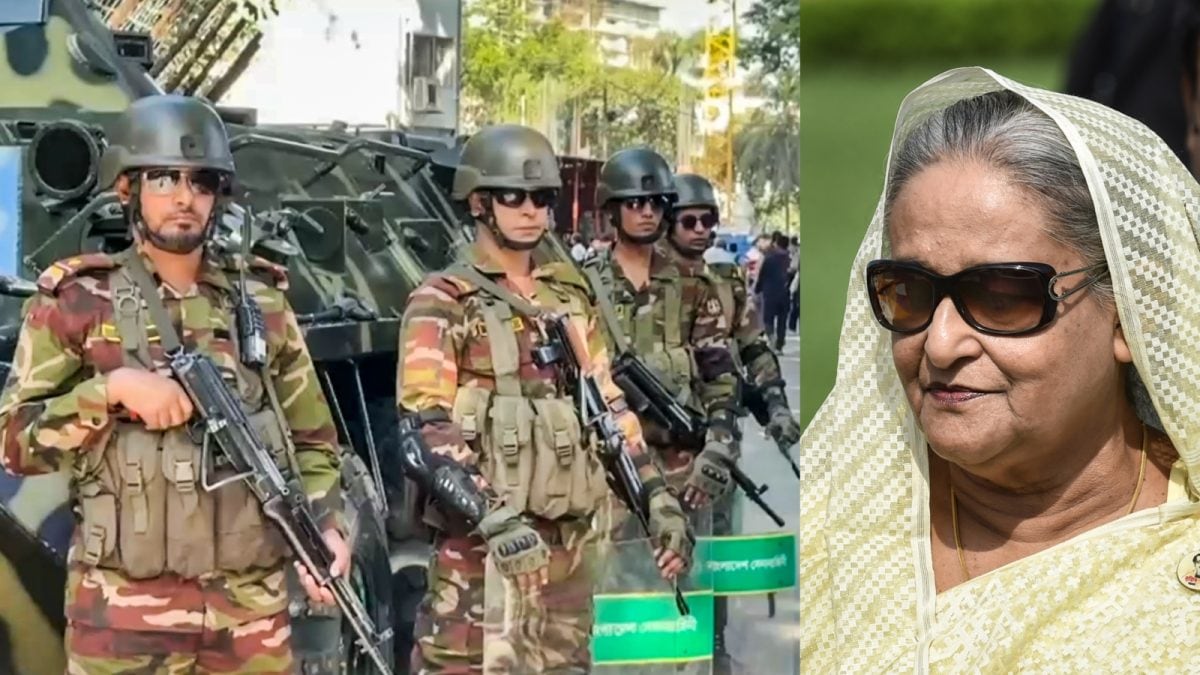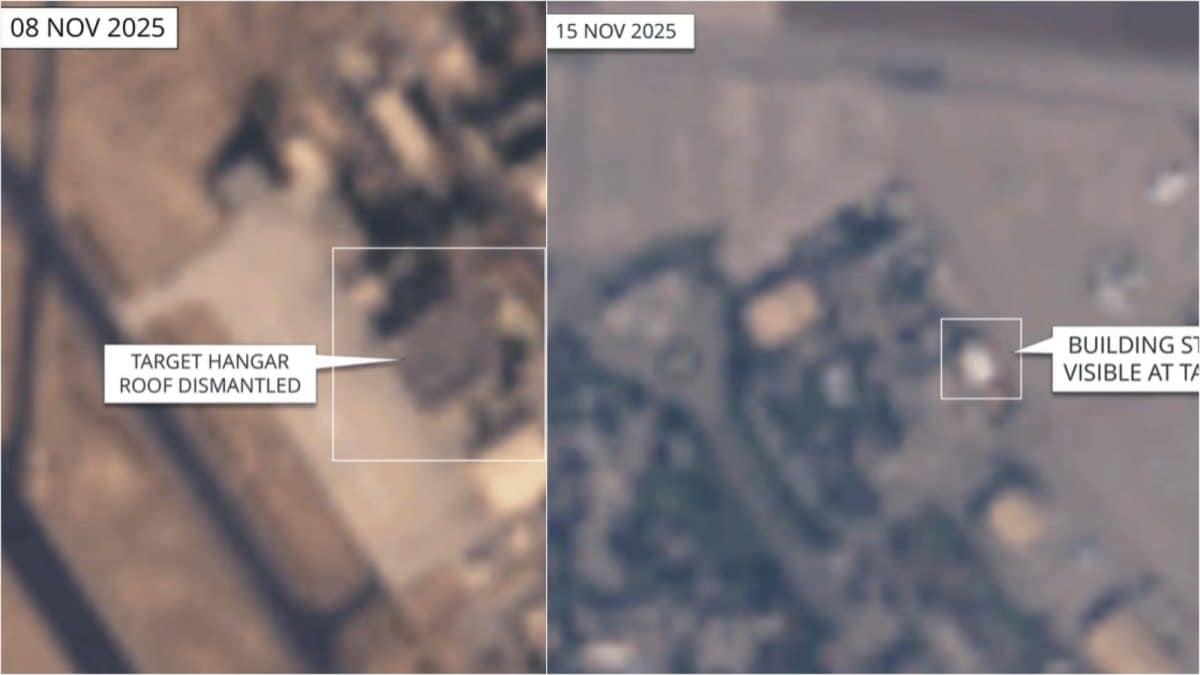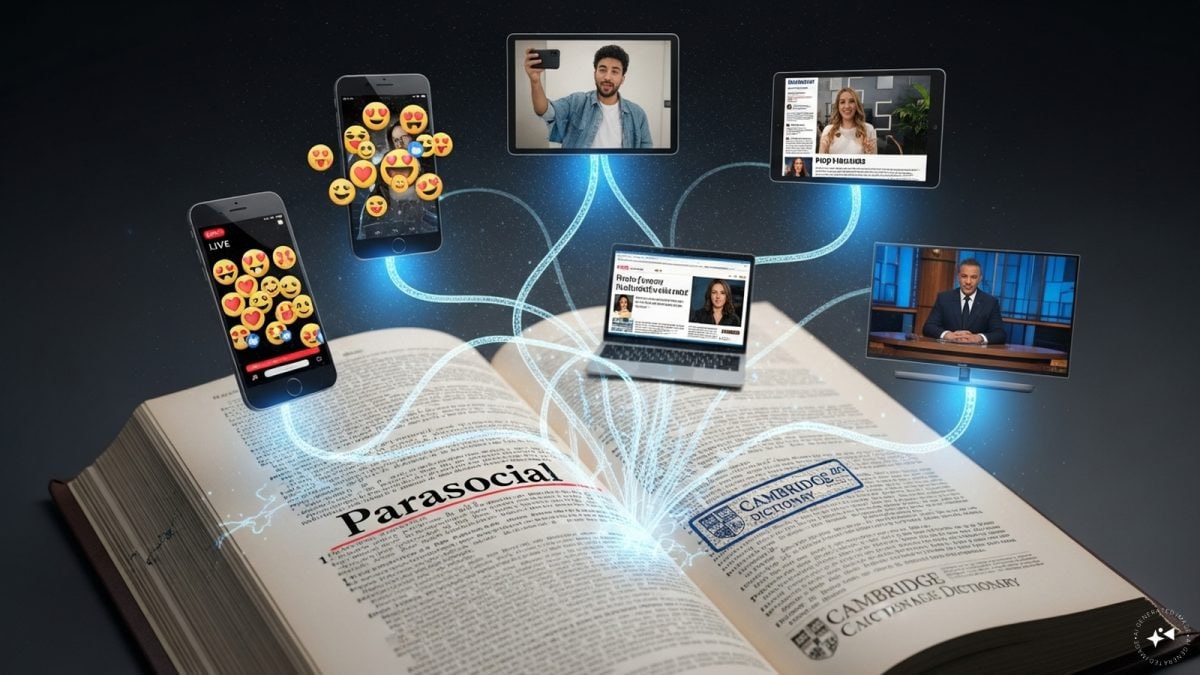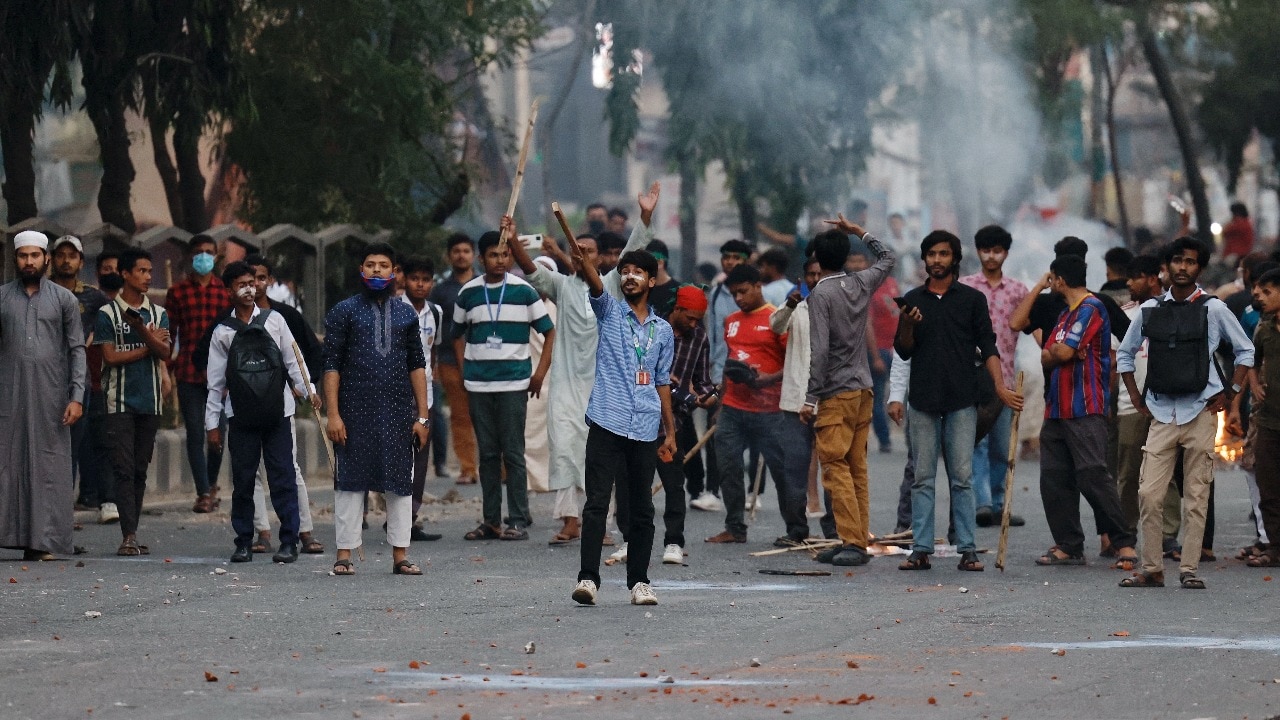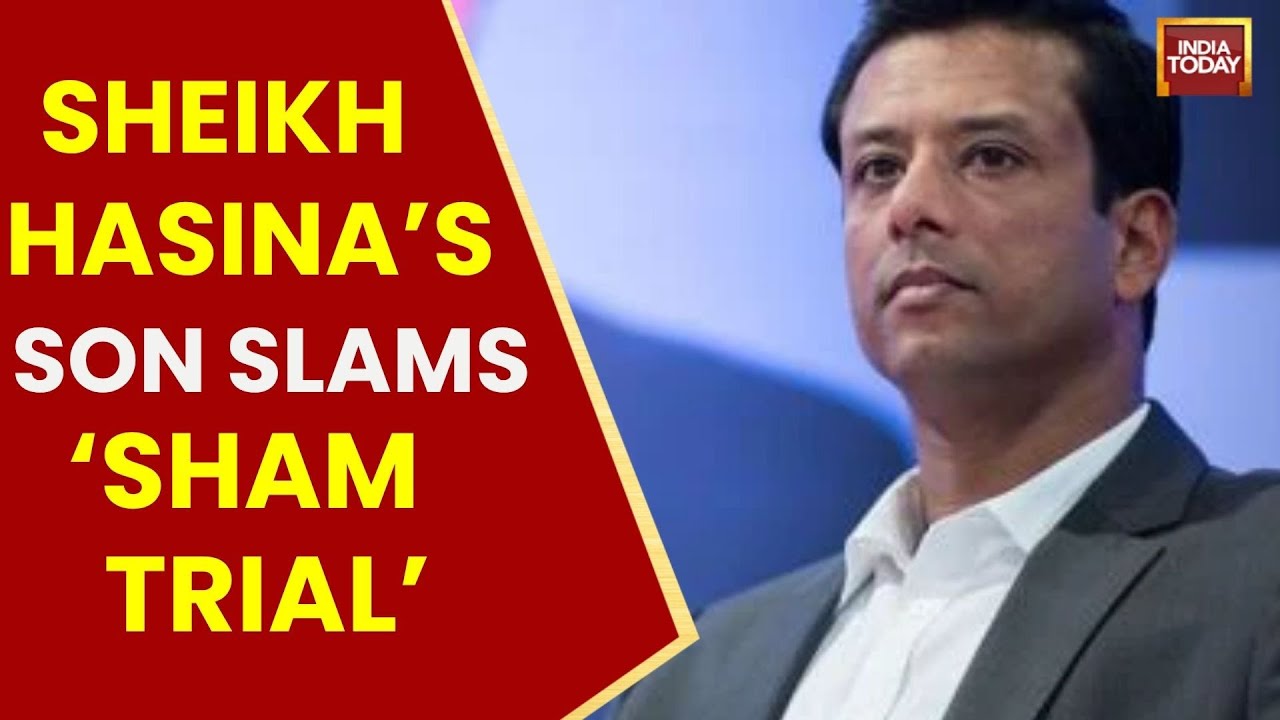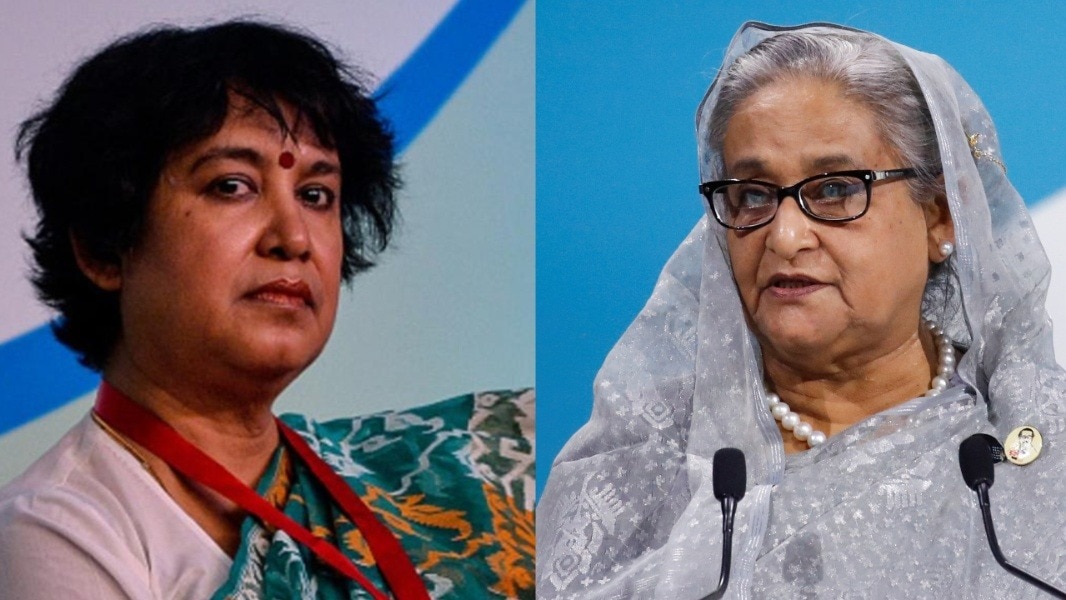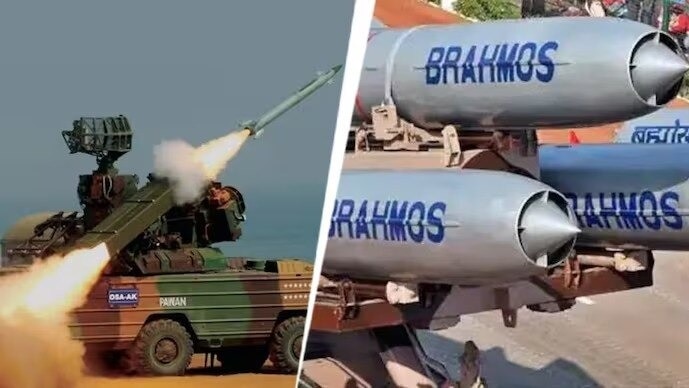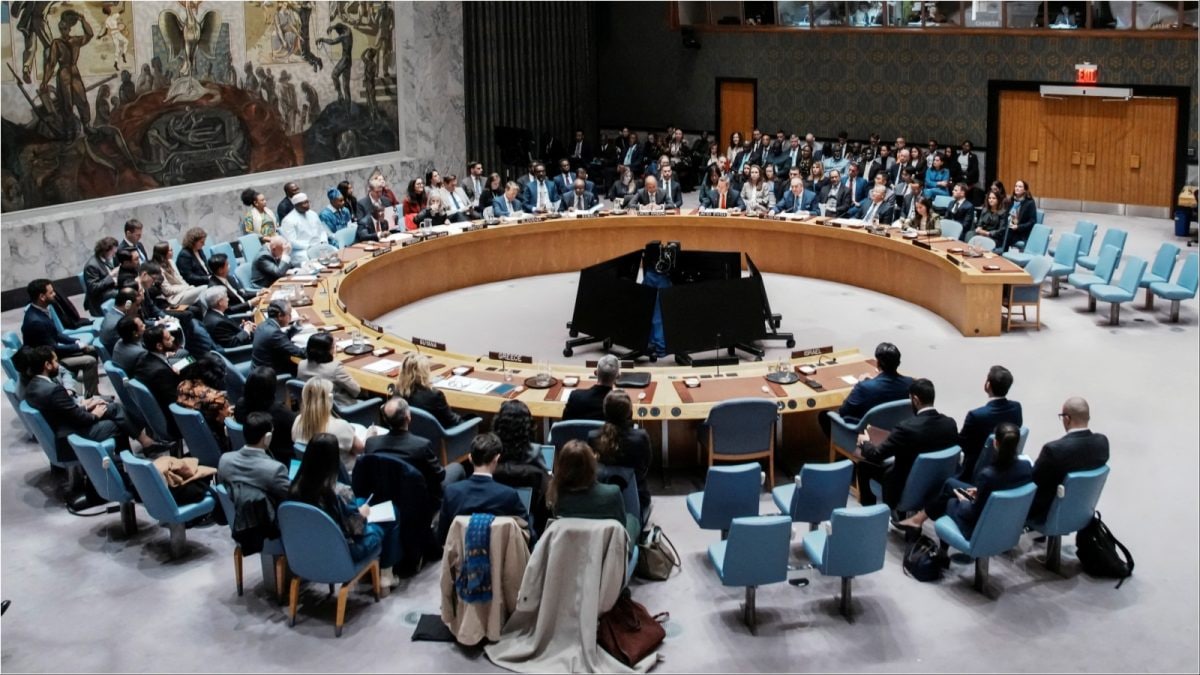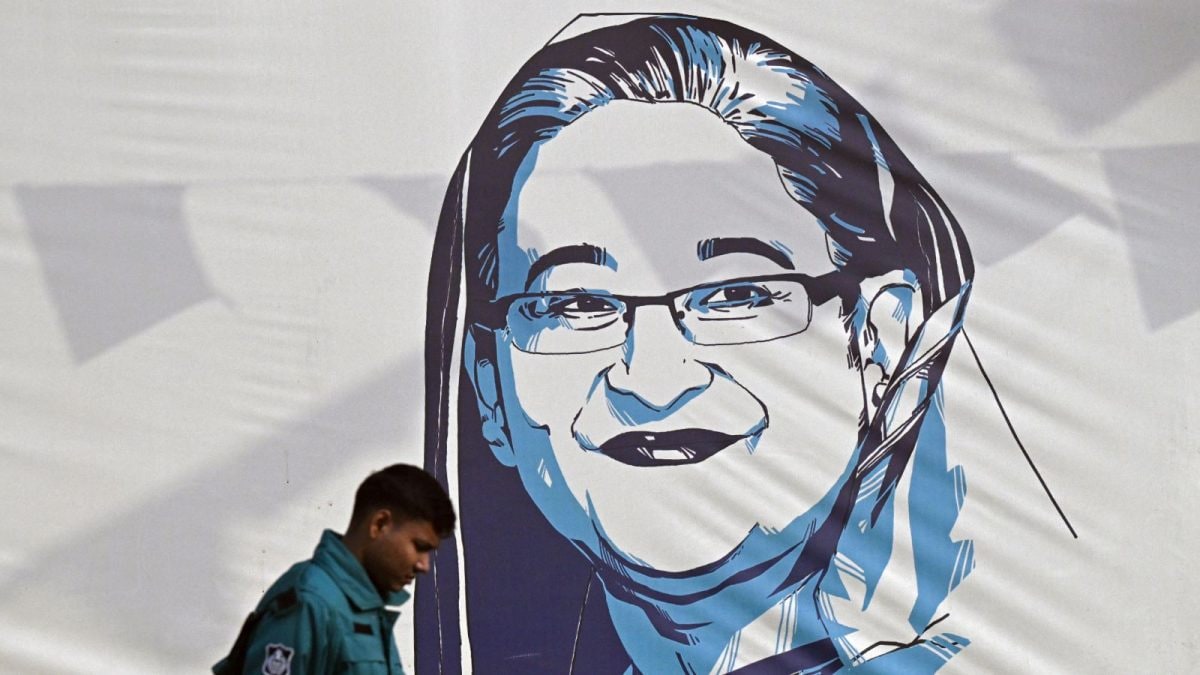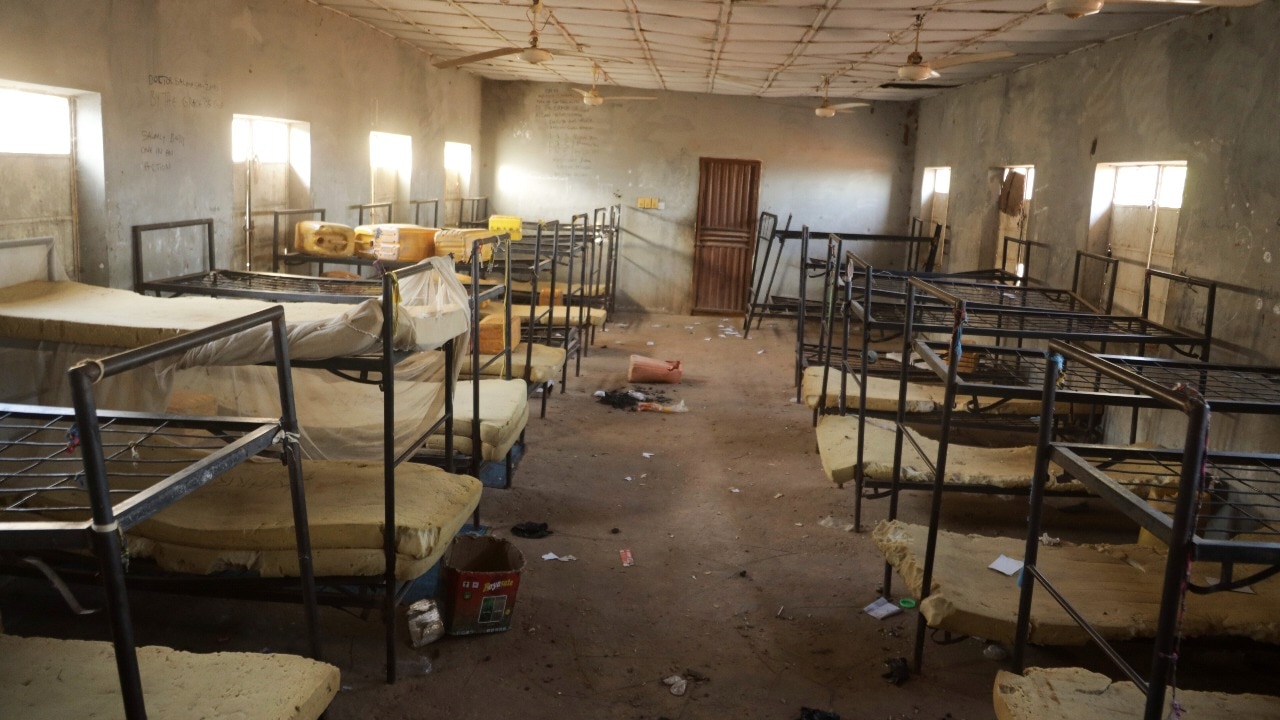Last Updated:November 18, 2025, 14:26 IST
A detailed study of the act and the procedures of investigation and trial indicate that the ICT of Bangladesh is just a domestic tribunal wearing an international mask

The ICT in Bangladesh, in its current form that now sentenced its ousted PM Sheikh Hasina to death, is partisan, inward, and shaped by the political needs of its own time. (File)
For almost decades, since its inception, Bangladesh’s Crimes Tribunal (ICT), formed under The Crimes (Tribunal) Act 1973, has tried to borrow the gravitas of global justice systems simply by adding the word — international — to its name.
According to the crucial ICT documents, exclusively accessed by News 18, the tribunal — before 2024 — has two substantial sets of cases. Those were followed by investigations and trials. Apart from the widely known trial of the ‘rajakar’ or ‘war criminal’ of 1971 (known as Muktijuddha or freedom fight that gave birth to Bangladesh), there was another crucial case against the members of Jamaat.
Listed in 2023, the major case has 36 First Information Report (FIR), 187 accused, of which 77 were absconding and 71 were arrested. The rest died of natural causes or age-related issues, stated the documents.
The ICT received, over the past decade, 772 complaints and clubbed the complaints into 105 cases. It investigated 74 cases, while 27 cases are still pending for investigation. At least 34 cases are now under trial.
Following the investigation and trial, 42 judgments have been pronounced. Around 70 convicted persons have been sentenced, which include the execution of six convicts.
Now, peel back the layers, study the act and the court’s composition, analyse the verdicts, and it reveals itself for what it truly is.
Why the ICT has nothing ‘international’
A detailed study of the act and the procedures of investigation and trial indicate that the ICT of Bangladesh is just a domestic tribunal wearing an international mask, created under Bangladesh’s own laws, answerable only to Bangladesh’s executive, and structured unlike any recognised international court. Its branding may evoke The Hague or Nuremberg. Its functioning does not.
Bangladesh (ICT) has been widely criticised for its lack of genuine ‘international’ characteristics and for diverging significantly from standard international criminal courts like the real Criminal Court (ICC) or the Criminal Tribunals for Rwanda and the former Yugoslavia.
Let us break down why Dhaka’s ICT is nothing but a domestic court that only borrowed the word ‘international’ to look and sound fancy legally. The ICT, based out of Dhaka, is not an UN-backed body. It has not been created through international treaties.
The legal nuances
The tribunal is entirely staffed by Bangladeshi judges, prosecutors, and officers having alignment towards a particular regime, with no participation from international judges, prosecutors, or legal experts, contrary to the practices in true international courts or hybrid tribunals. It operates exclusively under Bangladeshi domestic law, mainly the Crimes (Tribunal) Act of 1973, which is not yet harmonised with the more current international criminal law standards reflected in instruments like the Rome Statute of the ICC.
For example, the ICT act said in a section, “Any member of a Tribunal shall have power to direct, or issue a warrant for, the arrest of, and to commit to custody, and to authorise the continued detention in custody of, any person charged with any crime specified in section 3."
Section 3 of the act stated the “Tribunal shall have the power to try and punish any individual or group of individuals, or any member of any armed, defence or auxiliary forces, irrespective of his nationality, who commits or has committed, in the territory of Bangladesh, whether before or after the commencement of this Act, any of the crimes mentioned." The Act further named the crime which include “murder, extermination, enslavement, deportation, imprisonment, abduction, confinement, torture, rape or other inhumane acts committed against any civilian population or persecutions or political, racial, ethnic or religious grounds, whether or not in violation of the domestic law of the country where perpetrated, Crimes against peace, and Genocide."
Significantly, no international court under any international statute gives power to each member or any member of issuing an arrest warrant. It is always a collective call followed by an investigation based on evidence and with relevant provisions of bail.
Everything about it, from the statute under which it operates to the procedures it follows, is rooted entirely in the country’s domestic legal framework. The ‘international’ in its title is more marketing than substance, a deliberate attempt to lend global credibility to what remains a fully national, tightly controlled judicial set-up.
No international tribunal claims it. No global legal registry lists it. It stands alone, international only in name.
Oversight ends and influence begins
Meanwhile, foreign legal counsel have historically been barred from representing defendants, and all attempts at international involvement, including from the UN, have been rejected, particularly since international standards would not allow the death penalty (which the ICT can impose).
The tribunal’s jurisdiction extends only to crimes committed on Bangladeshi territory, by individuals present in Bangladesh, and particularly relates to the 1971 Liberation War. courts are designed with distance that covers structural, political, and institutional. They operate slowly, cautiously, under layers of scrutiny.
But, the ICT functions in the opposite direction. Judges are appointed and reshuffled by the ruling government. The advisers and officers are seen as aligned with the power centre. Prosecutors operate within the state machinery. There is no external supervision or global ombudsman.
Trials have often coincided with political needs of the moment, with verdicts that neatly align with the ruling party’s political narrative of wartime heroism and opposition betrayal.
This is precisely why international tribunals exist, just to avoid the political pressures that national courts cannot escape. The ICT sits squarely inside those pressures.
Also, there is no option to challenge the tribunal’s composition, and interlocutory appeals are limited, unlike international courts that provide broader procedural safeguards. The tribunal has not adopted international humanitarian and human rights law practices substantively, only in a limited, selective fashion.
The justice that stays at home
Unlike global courts that insist on meticulous investigation and painstakingly slow evidence-building, the ICT has been repeatedly criticised for truncated defence rights, restricted cross-examination, hearsay-heavy testimony, and verdicts delivered with startling speed, including the death sentences that were confirmed within days.
No UN tribunal would certify these standards, while no international court would accept such procedures, going by their books. While the tribunal’s stated mission was fixing accountability for 1971 atrocities, which is undeniably legitimate, its execution has been selective, focusing overwhelmingly on political opponents. And it strangely left pro-government figures from the same era untouched.
That selectivity alone shatters any claim to global neutrality. justice, by definition, is universal. However, the ICT in Bangladesh, in its current form that now sentenced its ousted PM Sheikh Hasina to death, is partisan, inward, and shaped by the political needs of its own time.
A court that never leaves Dhaka
In the end, ICT is international only in ambition, and never in architecture. It does not share jurisprudence with the ICC, has no UN linkage, and it has never been referenced by any global war-crimes body. It stands outside the international justice ecosystem, despite borrowing its vocabulary.
What remains is a court built for domestic politics but branded for international legitimacy, a tribunal whose authority never truly leaves Dhaka, no matter how globally it tries to sound.

Madhuparna Das, Associate Editor (policy) at CNN News 18, has been in journalism for nearly 14 years. She has extensively been covering politics, policy, crime and internal security issues. She has covered Naxa...Read More
Madhuparna Das, Associate Editor (policy) at CNN News 18, has been in journalism for nearly 14 years. She has extensively been covering politics, policy, crime and internal security issues. She has covered Naxa...
Read More
First Published:
November 18, 2025, 14:19 IST
News world Bangladesh’s ICT That Sentenced Sheikh Hasina: A Court ‘’ Only In Name
Disclaimer: Comments reflect users’ views, not News18’s. Please keep discussions respectful and constructive. Abusive, defamatory, or illegal comments will be removed. News18 may disable any comment at its discretion. By posting, you agree to our Terms of Use and Privacy Policy.
Read More

 2 hours ago
2 hours ago
